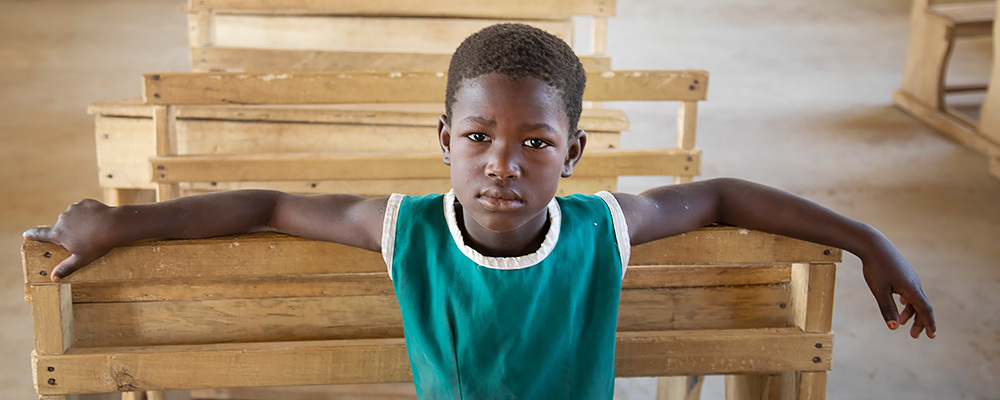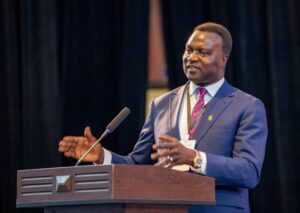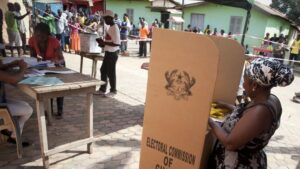A Closer Look at Ghana’s Education Initiatives: Opportunities and Concerns

In recent discussions about Ghana’s education, Vice President Bawumia’s proposal to provide laptops to high school freshmen and sophomores has sparked debate. While digital tools are vital in today’s world, many Ghanaians are skeptical about the feasibility and timing of such promises, especially given past initiatives like the “one teacher, one laptop” program, which struggled to meet its objectives.
There’s concern that flashy, short-term promises distract from deeper, unresolved issues in the education system, such as inadequate facilities, teacher training, and outdated resources. The laptop proposal risks following this pattern, raising questions about transparency, logistics, and the overall effectiveness of the plan.
The emphasis on digital solutions, though appealing, must be balanced with addressing foundational gaps in the educational infrastructure. Rather than quick fixes, Ghanaians are calling for sustainable reforms that genuinely address the long-term needs of students and educators.
At the heart of the conversation is the need for trust in government promises. Grand proposals are well and good, but the public demands consistent, meaningful action that leads to lasting change. This is especially true in education, where long-term planning and investment are critical to progress.
Ultimately, it’s crucial for leaders to look beyond election-driven initiatives and focus on reforms that prioritize the needs of students over short-term political gains. Ghana’s education sector requires initiatives that are not only well-intentioned but also grounded in practical and sustainable solutions, ensuring real progress for future generations.



